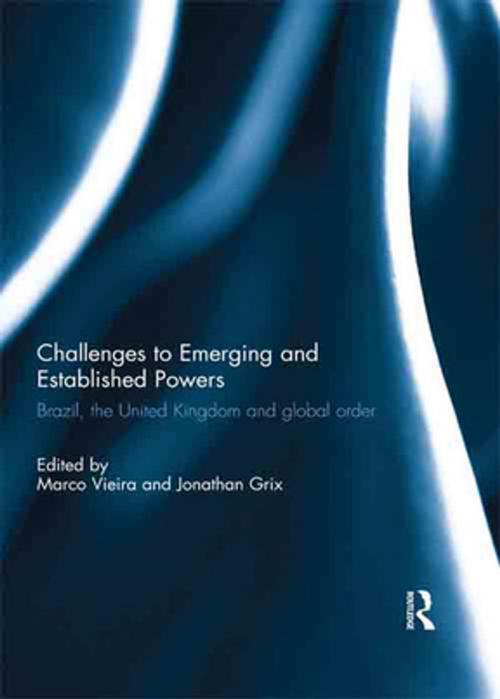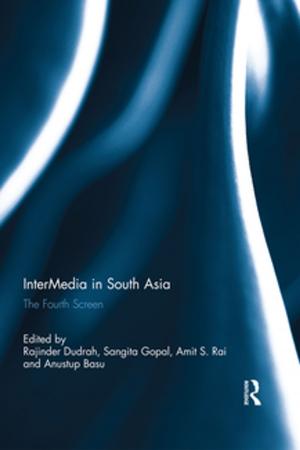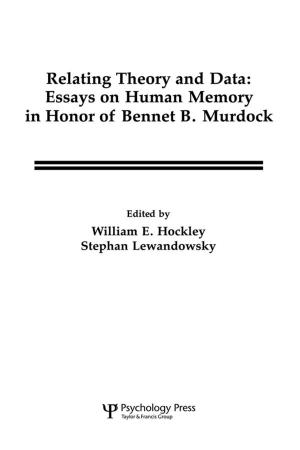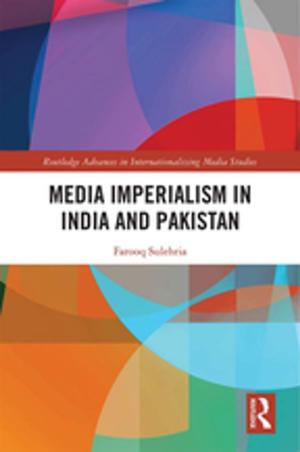Challenges to Emerging and Established Powers: Brazil, the United Kingdom and Global Order
Nonfiction, Social & Cultural Studies, Political Science, International, International Relations| Author: | Marco Vieira, Jonathan Grix | ISBN: | 9781317269939 |
| Publisher: | Taylor and Francis | Publication: | October 2, 2017 |
| Imprint: | Routledge | Language: | English |
| Author: | Marco Vieira, Jonathan Grix |
| ISBN: | 9781317269939 |
| Publisher: | Taylor and Francis |
| Publication: | October 2, 2017 |
| Imprint: | Routledge |
| Language: | English |
This edited volume explores the analytical possibilities of contrasting Brazil and the United Kingdom as examples of emerging and established powers, respectively. It is organised around several themes focusing on the roles of Brazil and the United Kingdom in the management of global economic governance, international development, international security, the politics of regional integration, global climate change governance, and the political leveraging of sports mega-events. Each chapter explores Brazil’s and/or the UK’s particular foreign policies and their resulting impact on these key areas of global governance and politics. The conceptual focus is on these states’ motivations as either status-seekers (Brazil) or status-maintainers (UK) in the context of a fast moving international landscape. The chapters in this book directly or indirectly indicate that these states wish to draw attention to their aspiring or established positions as key global players through either visible foreign policy action and/or symbolic rhetoric. This book was originally published as a special issue of Global Society.
This edited volume explores the analytical possibilities of contrasting Brazil and the United Kingdom as examples of emerging and established powers, respectively. It is organised around several themes focusing on the roles of Brazil and the United Kingdom in the management of global economic governance, international development, international security, the politics of regional integration, global climate change governance, and the political leveraging of sports mega-events. Each chapter explores Brazil’s and/or the UK’s particular foreign policies and their resulting impact on these key areas of global governance and politics. The conceptual focus is on these states’ motivations as either status-seekers (Brazil) or status-maintainers (UK) in the context of a fast moving international landscape. The chapters in this book directly or indirectly indicate that these states wish to draw attention to their aspiring or established positions as key global players through either visible foreign policy action and/or symbolic rhetoric. This book was originally published as a special issue of Global Society.















